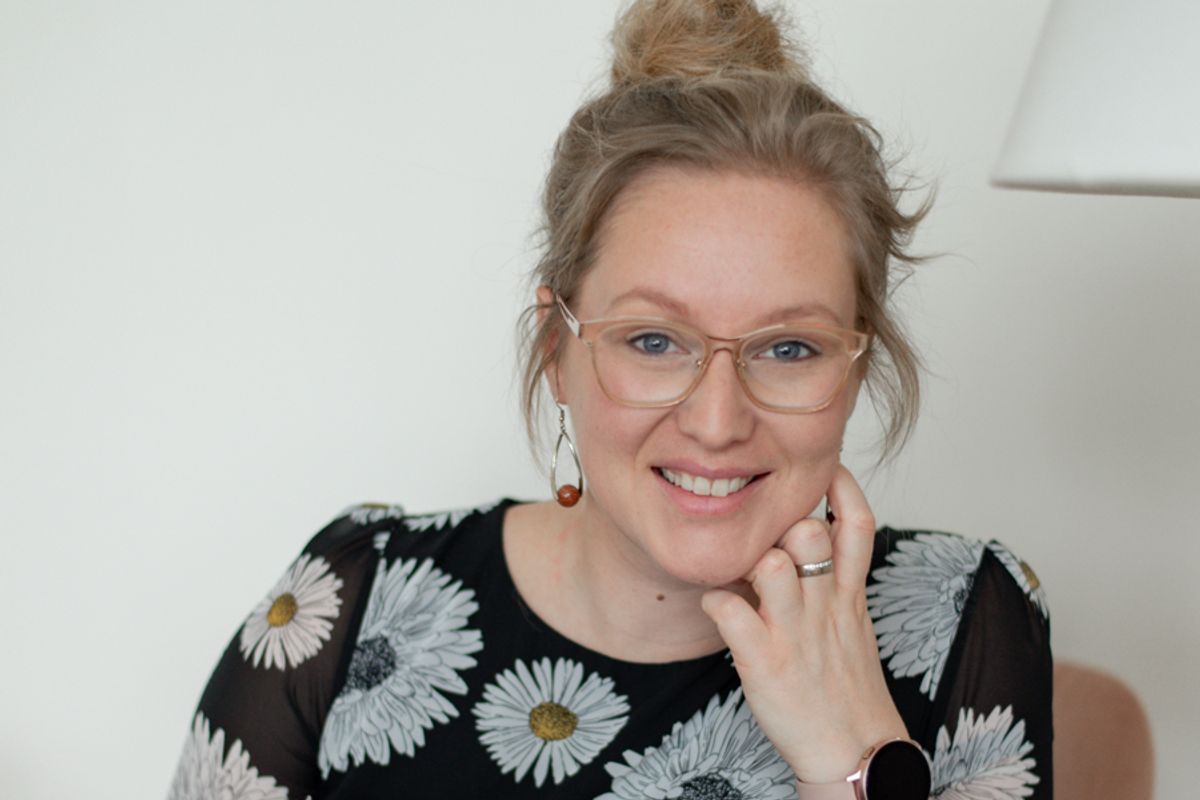How does our brain actually work when we learn new good habits? Why is it so difficult to break ingrained patterns and what practical steps help to establish new healthy habits? How does the brain actually work when learning good habits? We asked psychologist Annelies de Jager of Gouda’s practice psychologist Eleison.
Is learning new good habits age related?
“The older you get, the harder it becomes to develop new habits. This is because the amount of new brain cells you create decreases as you get older. Your brain becomes less flexible, so to speak. This is very different for children and young people; their brains are still very flexible. For example, they can learn a second or third language much more easily than adults.
It is very tempting to say that you are too old to change and then leave it with the old. While it is more difficult to change some ingrained habits later in life, fortunately this is not impossible. So don’t let your age hold you back! ”
Why is it so difficult to break those ingrained patterns?
“Your brain records what you experience in your life in a kind of associative network. I always explain it as roads that arise in your brain. The more often you experience things, the more often you walk those paths and the more firmly it is encapsulated in your brain. This is how the templates are created. When you are young, it is still developing and that street is less traveled. You can then adjust it even easier. The older you get, the stiffer it becomes. The more times you have followed a pattern, the stronger it is trained ”.
Online training ‘Growing with good habits’
Online training ‘Growing with good habits’
Unfortunately, the change isn’t that easy. In the “Growing Good Habits” training you will learn from change advocate Durk de Boer how to set goals that work, how to choose behaviors that lead to success, and what support helps change.
How can you break these ingrained patterns?
“First of all, it is important that you are not too hard on yourself. Also, it is helpful to set an achievable goal in mind. Sometimes it helps to make it visual and to put something in perspective. For instance: If I try this blouse I have achieved my goal. So think about what could help you achieve that goal. It is important that you take small steps, as it is motivating when you reach your goals. Also, it’s helpful to link new habits to habits you’ve already taught yourself. Let’s say your goal is to drink more water, so it’s smart to drink a glass of water with every meal. Those fixed moments of eating are already there, then it’s easier to add that new habit ”.
To learn good habits it is important to be milder about yourself and let go of the “should”
Can this also apply if you intend to read the Bible more faithfully?
“People often strive to spend time with God in a certain way. Then they compare themselves with others. For example, the image may arise that “you must” feel comfortable in the morning. However, this is not feasible for everyone. For example, you may have to work early or take the kids to school. Do not be so hard on yourself; that paralyzes. Keep in mind your goal, which is to spend time with God. This can also be done in other ways, such as when setting the table. Talking with God in mind is also a quiet time, but also listening, singing or praying.
As soon as we “owe” something of our own, there is a good chance it will get heavier. Seems to be imposed on you by someone else. It is much more important that the motivation really comes from yourself. In summary, it is therefore important to recognize certain patterns, be kinder to yourself and let go of the “should”. It is useless to think that God is disappointed in you if he does not read the Bible early in the morning. Instead, he finds another quiet moment.
And what are you going to do 10,000 steps a day? Are we too hard on ourselves?
“I think it’s good to aim for enough exercise in one day. But don’t let yourself be paralyzed by too big a goal if that’s not possible for you. I would go for quick wins. Do you need to run an errand? So don’t take your car or bike, but go to the shop on foot. Do you have to be on the fourth floor? So take the stairs instead of the elevator. Those ten thousand steps are a point of reference. If you can’t walk for an hour and a half, you may be able to walk for twenty minutes. Don’t think that since those ten thousand steps won’t work, it’s best not to walk at all. The following also applies: adapt your goals and be kind to yourself. Think about what is feasible and not what others should or should “.
“New patterns must be incorporated into your thinking, this takes effort”
“To get over the mold, you have to be a bit strict at first. By this I mean that if you want to develop new habits, you should challenge yourself. Those new patterns have to come into your thinking, so this takes effort. For example, if the family eats potato chips on a Friday night and it is difficult for you not to eat them, you can also take a small bowl instead of the large one you had before. It is already a victory. Basically, I always explain that you have three types of thoughts. You have severe thoughts that say you should never eat potato chips again and eat a bowl of cucumber instead. You have evasive / careless thoughts that tell you it doesn’t matter and you can just eat that whole bag. And you have healthy thoughts, which make you wonder if you are really hungry and if it wouldn’t be better to drink that glass of wine instead if you go to a restaurant with your husband and today you have that bowl of chips to skip. ”
Finally, what advice would you like to give?
“Set small, achievable goals for yourself. And try to see the goals. What can help is creating a mood board. Then look for images that match the new habit. What would it be like if you mastered this new habit? Also, it can be helpful to share your goals with loved ones. You may therefore be able to fall back on them during difficult times. Above all, be honest and kind to yourself. Encourage yourself when you need a little challenge, and also reward yourself by complimenting yourself or buying yourself something nice when you’ve achieved a goal.
Need an extra boost to develop new good habits? The online training ‘Growing with good habits’ helps you in a very practical and step by step way to learn new patterns.
Image: Studiolin ago


